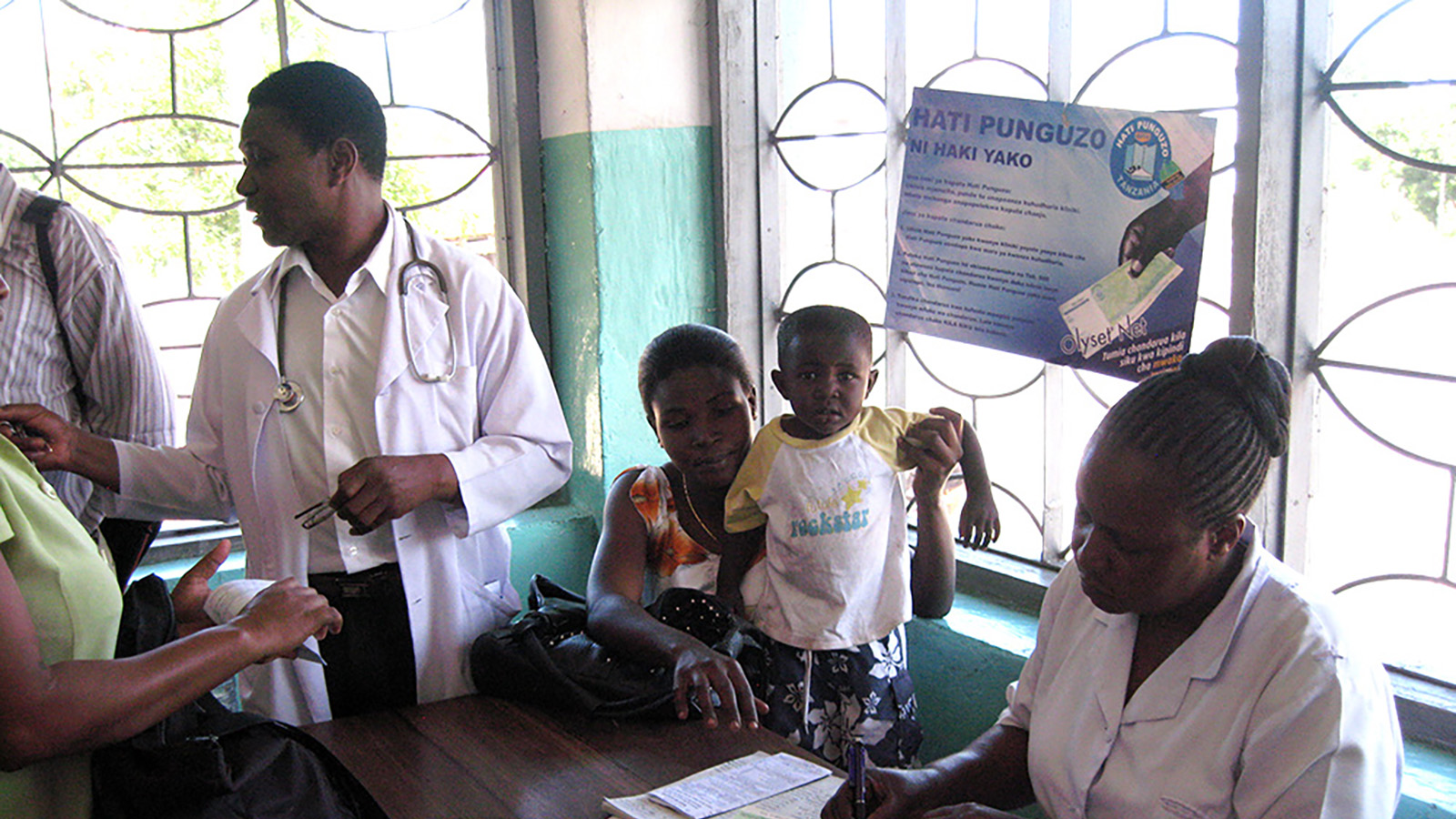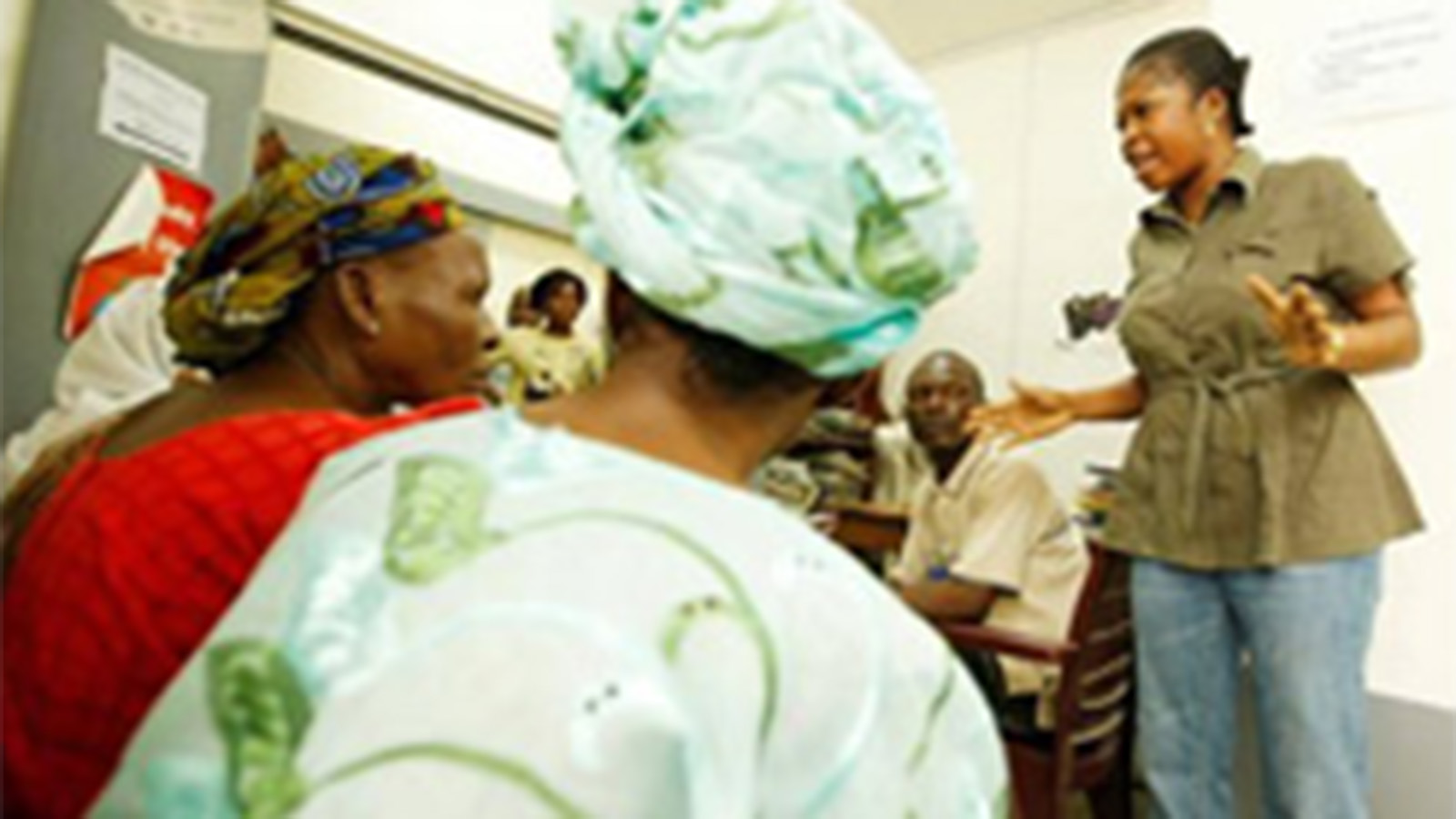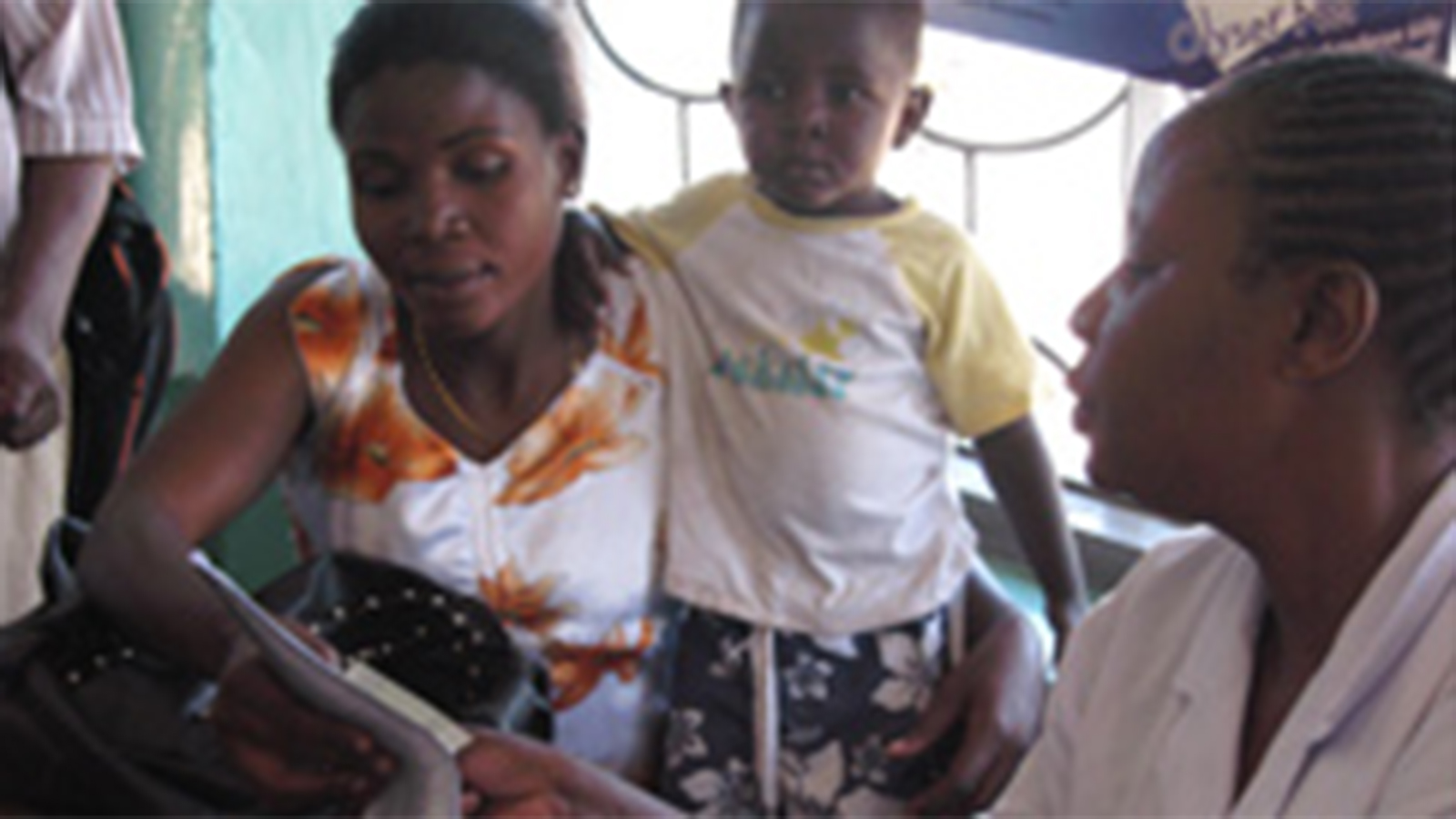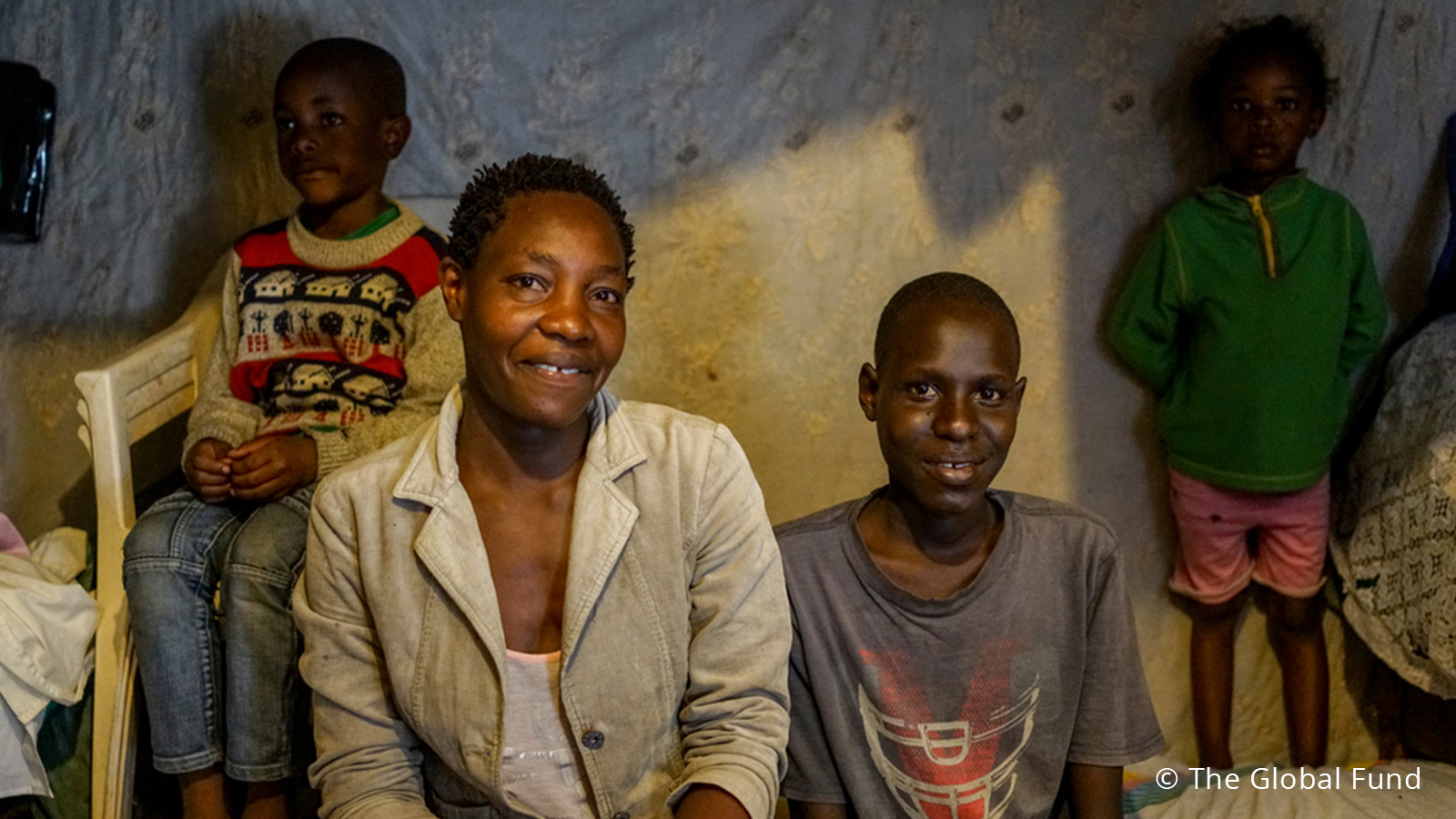
Takeda Initiative

Efforts toward three contagious diseases in Africa: Takeda Initiative
Since 2010, we have continued to donate ¥100 million for 10 years to training health care personnel in Kenya, Tanzania, and Nigeria through the Global Fund to Fight AIDS, Tuberculosis, and Malaria
In March 2010, Takeda launched the "Takeda Initiative", a financial aid program designed to develop and strengthen the capacity of healthcare workers through the Global Fund to Fight AIDS, Tuberculosis and Malaria (The Global Fund).
Currently, many millions of people die each year from one of the world's three major communicable diseases: HIV/AIDS, tuberculosis and malaria. This constitutes a major obstacle to development and growth in developing countries; therefore, it is critical that the international community addresses these disease issues. African countries, in particular, suffer from very severe shortages of healthcare workers, which hinders their efforts to deliver the healthcare services needed to overcome such diseases.
The Takeda Initiative aligns with international frameworks, such as the United Nations Sustainable Development Goals (SDGs) and United Nations Global Compact, and is positioned as a concrete effort to prevent the spread of the three major infectious diseases of HIV/AIDS, tuberculosis and malaria, which is one of the critical issues in global health.
■Donations
¥100 million annually (over a ten-year period, 2010-2019)
■Application
Takeda's donations support Global Fund-recommended projects in three countries and are aimed at helping to strengthen health systems, mainly by developing and upskilling healthcare-related human resources
*The Global Fund to Fight AIDS, Tuberculosis and Malaria (The Global Fund): Donations within Japan are accepted by the Japan Center for International Exchange, which is the secretariat for the Friends of the Global Fund, Japan.
How our Takeda Initiative is formulated
Based in Geneva, the Global Fund to Fight HIV/AIDS, Tuberculosis and Malaria (The Global Fund) is a non-profit organization dedicated to raising and supplying funds to help prevent and treat HIV/AIDS, tuberculosis and malaria. The Global Fund was formed in 2002 in response to calls from then UN Secretary General Kofi Annan and the G8 group of nations, in the wake of the G8 summit held in Kyushu/Okinawa in 2000, at which the Japanese government declared the fight against contagious diseases to be a major international challenge. Since its creation in 2002, the Global Fund is supporting about $ 4 billion annually to projects in over 100 countries and regions, providing AIDS treatment for 11 million people, anti-tuberculosis treatment for 17.4 million people and 795 million insecticide-treated nets for the prevention of malaria.

Scaling Up of Comprehensive HIV/AIDS Treatment, Care and Support
HIV/AIDS Situation in Nigeria
Nigeria, Africa’s biggest economy and the most populous nation, has the second largest burdens of both HIV and TB in Africa and is classified as a high TB, HIV, and MDR-TB burden country. It has one of the highest burdens in Africa in HIV-mother-to-child transmission, maternal and child mortality. The low coverage of HIV/AIDS services presents a formidable challenge. Intensification of efforts to scale up prevention, detection and treatment of the disease is therefore necessary.

Measures against Malaria - Sustaining and Improving Malaria Diagnosis and Treatment in Tanzania
Malaria Situation in Tanzania
Malaria is the single most significant disease in Tanzania, and approximately 44 million people (90% of the population) live in areas with prevalent seasonal malaria transmission. Tanzania has been successful in demonstrating significant impact in the fight against malaria; however, malaria remains a major public health problem accounting for 40% of the outpatient cases and about 36% of all deaths in Tanzanian children aged less than five years. The government of Tanzania aims to reduce its malaria prevalence below 1% by 2020.

Steer the Country towards the Achievement of the TB Millennium Development Goals in Line with the Global Stop TB Strategy
Tuberculosis Situation in Kenya
Kenya is one of the 30 high-burden countries for TB that together account for more than 80 percent of the world’s TB cases. TB is one of the leading causes of illness and death in the country with a disproportionate impact on women and children. The burden of TB in Kenya has shown consistent reduction over the years thanks to a strong TB program and the international funding support. Between 1990 and 2014, Kenya made remarkable progress - the TB case detection rate increased from 30 percent to 80 percent. However, significant challenges remain and technical and financial support is needed, especially in improving laboratory capacity and strengthening multidrug-resistant TB treatment.